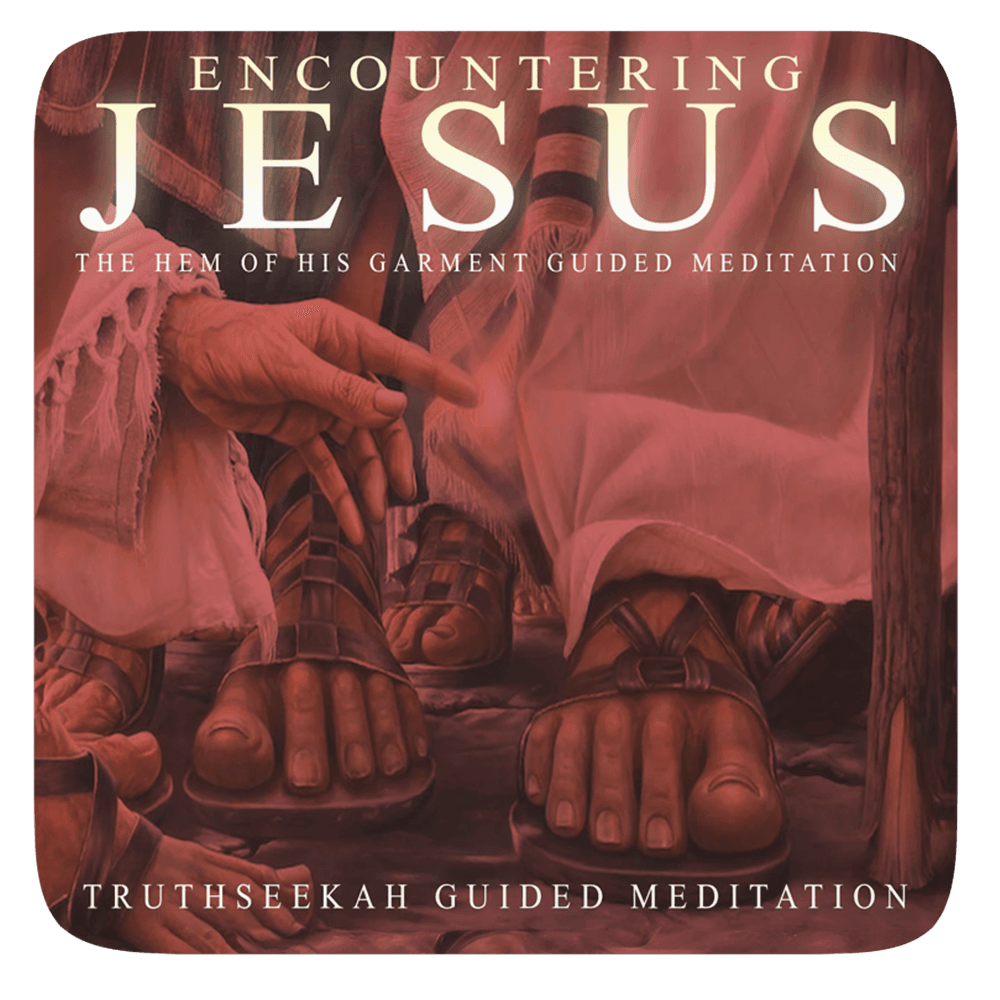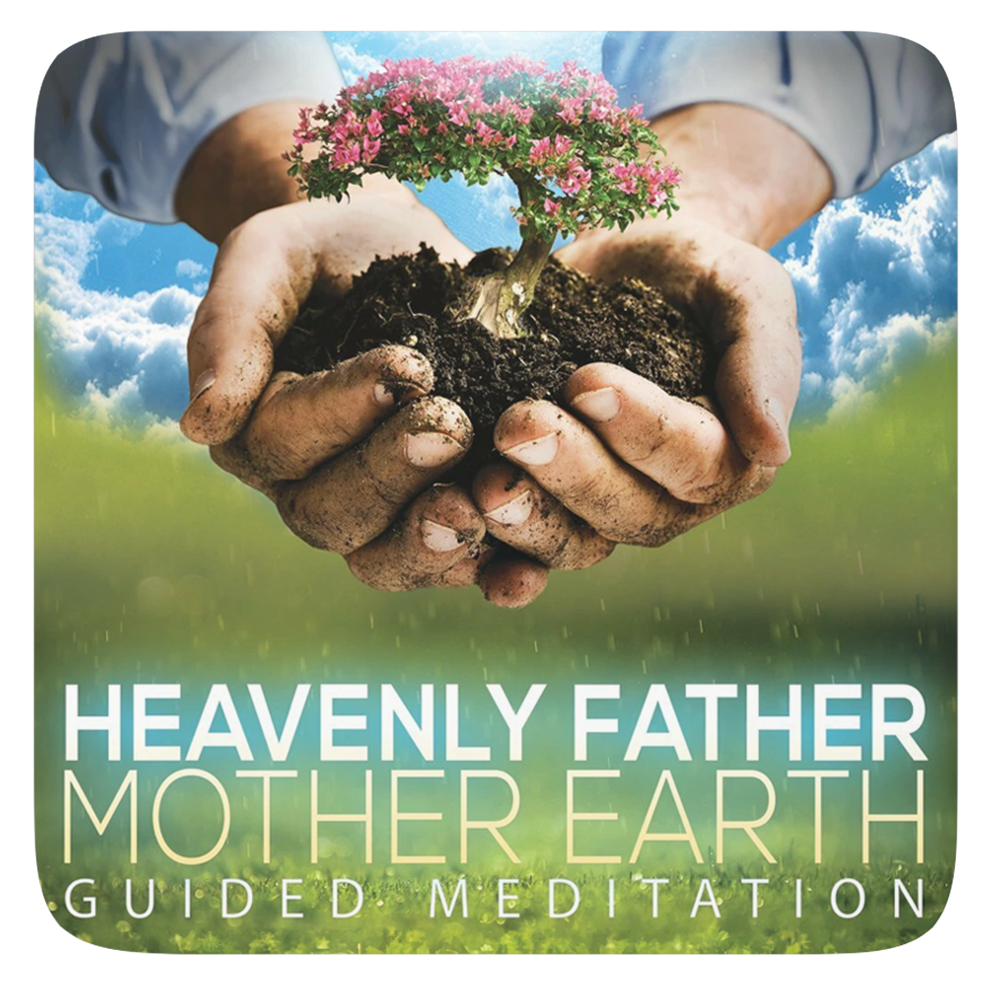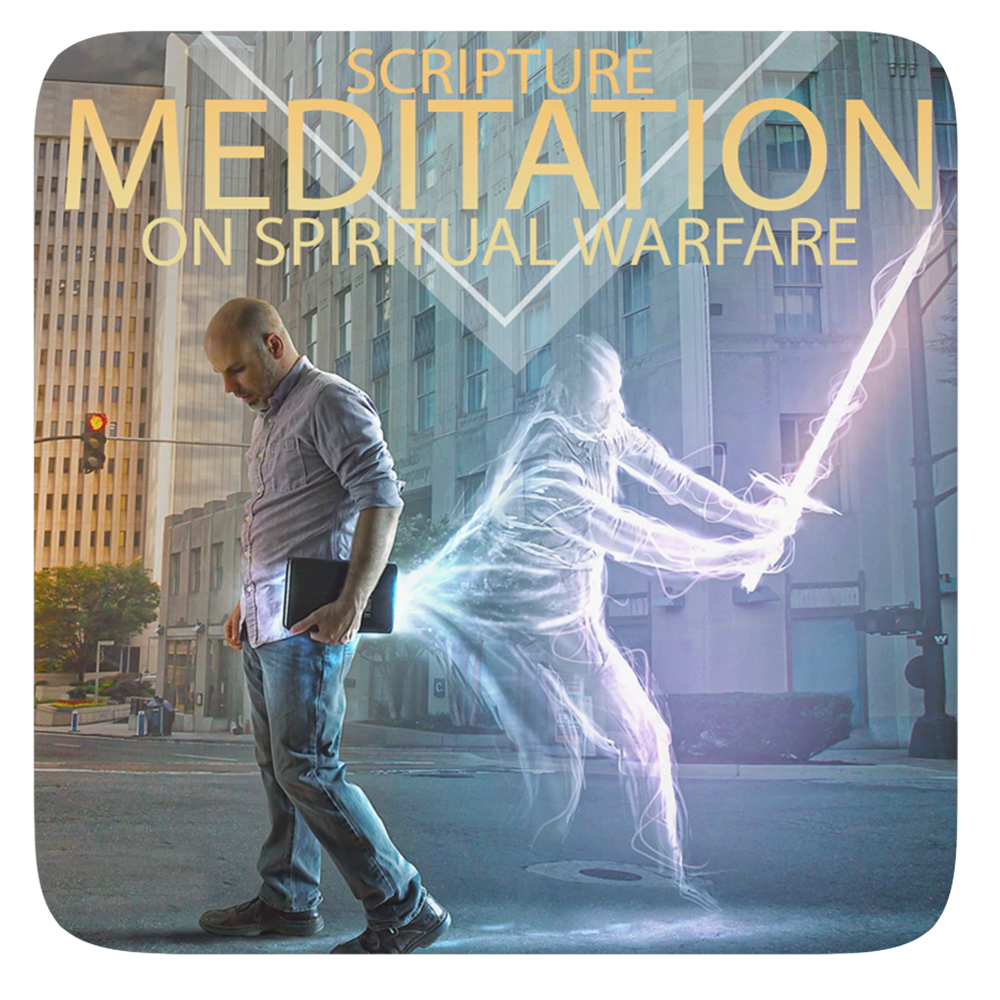Fasting, an ancient practice woven into the fabric of spiritual disciplines, holds a transformative power that can elevate both body and soul. As a beginner, you might view fasting as a daunting challenge, but it is a journey worth embarking upon. In this guide, we will explore the basics of fasting, its spiritual significance, and the profound benefits it offers, inspired by the wisdom found in “Spirit Realm: Angels, Demons, Spirits and the Sovereignty of God.”
What is Fasting?
At its core, fasting is the voluntary abstention from food for a specific period. This ancient practice is embraced across various spiritual traditions as a means to cleanse the body and fortify the spirit. Fasting is more than just physical deprivation; it is a spiritual declaration of our earnestness in seeking God and aligning our lives with divine purposes.
The Spiritual Power of Fasting
Fasting is a powerful statement of faith, demonstrating to God our dedication and seriousness about a particular situation. It shifts our focus from physical sustenance to spiritual nourishment, allowing us to delve deeper into the matters of the soul. In Isaiah 58, often referred to as the “true fast,” we find profound insights into fasting’s spiritual dynamics. The scripture reveals that fasting can “loose the chains of injustice,” “undo the cords of the yoke,” and “set the oppressed free”.
In the New Testament, Jesus emphasized that some demonic strongholds can only be overcome through prayer and fasting. This highlights the importance of fasting in breaking spiritual bonds and achieving victory over oppression.
Physical Benefits of Fasting
Beyond its spiritual significance, fasting offers numerous physical benefits. When we fast, our bodies undergo a detoxification process, purging unhealthy bacteria and toxins. This cleansing not only rejuvenates our physical health but also mirrors the spiritual purification we seek.
Many people report experiencing a strange odor as toxins are released from their bodies during fasting. This is a sign of the deep cleanse taking place within. Additionally, fasting helps reset our digestive systems, allowing our bodies to rest and repair.
Biblical Examples of Fasting
The Bible is replete with powerful examples of fasting. One notable instance is the fast undertaken by Daniel, who abstained from meat, wine, and other rich foods for three weeks. This period of fasting culminated in a divine vision where an angel revealed profound spiritual insights to him. This story underscores the principle that fasting can open us up to supernatural experiences and divine revelations.
Jesus Himself fasted for forty days in the wilderness, engaging in intense spiritual warfare and emerging victorious over temptation. His example teaches us that fasting is not just a personal act of devotion but a powerful weapon against spiritual adversaries.
Practical Tips for Beginners
- Start Slow: If you are new to fasting, begin with shorter fasts and gradually increase the duration as your body and spirit adjust.
- Stay Hydrated: Drink plenty of water to help flush out toxins and keep your body hydrated.
- Pray and Meditate: Use the time you would normally spend eating to pray and meditate, focusing on your spiritual goals.
- Listen to Your Body: Pay attention to how your body responds and adjust your fasting practices accordingly.
- Seek Support: Join a community or group of fellow fasters for encouragement and support.
Conclusion: Embrace the Journey
Fasting is more than a physical exercise; it is a journey into the depths of the spirit. As you embark on this path, you will discover the transformative power of fasting, a power that can elevate your spiritual walk and enhance your physical well-being. Remember, fasting is not about perfection but about sincere pursuit. Embrace the journey with an open heart and a willing spirit, and you will unlock the profound blessings that fasting has to offer.











































Responses
Yeah, apparently in Hinduism, Akash is that element which is the divine itself. Purification of diet is said to increase the percentage of Akash in the individual. For myself, if I fast and meditate for long periods, I do have very vivid dreams, and have an increased feeling of wellness, and wellbeing.